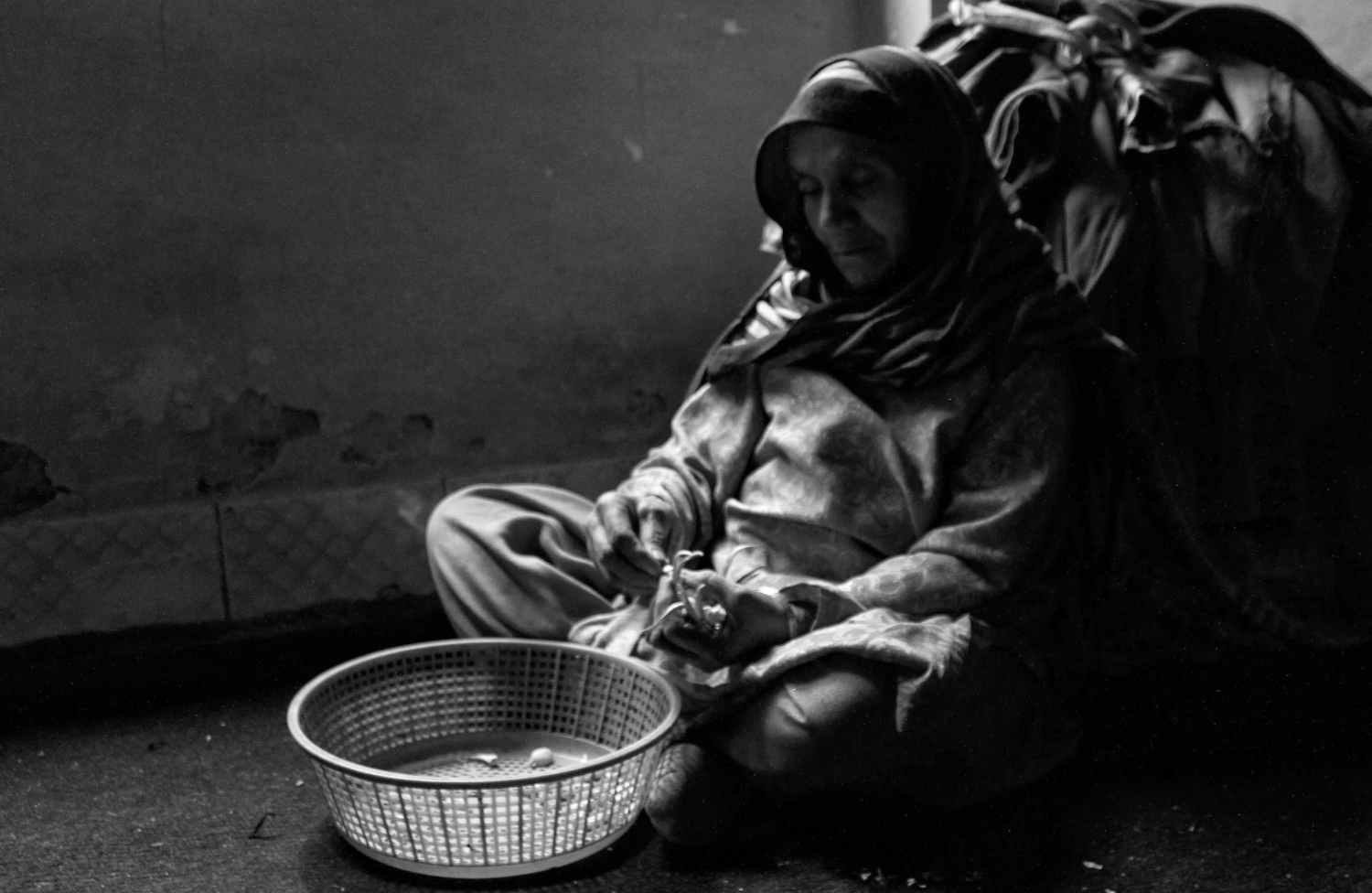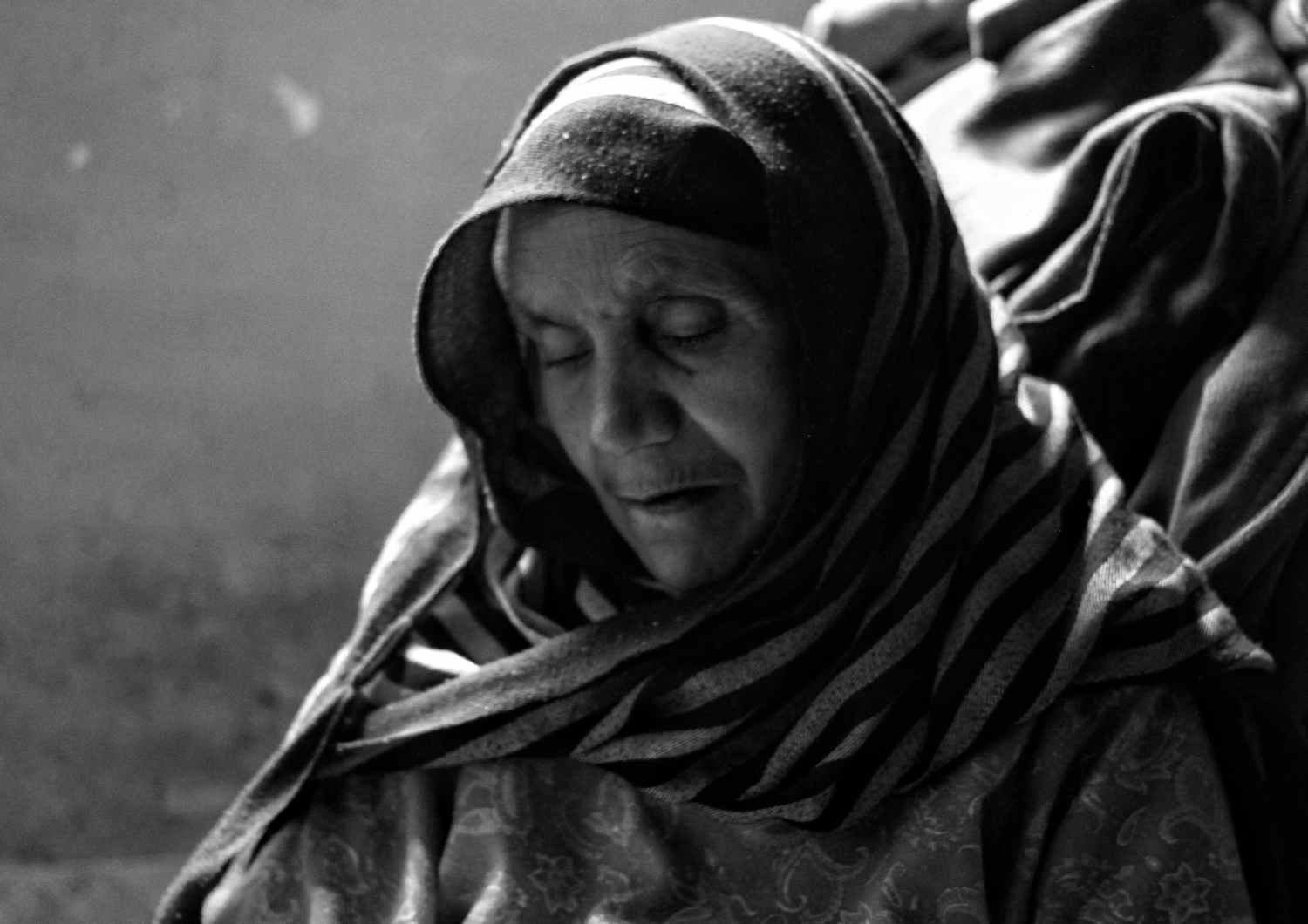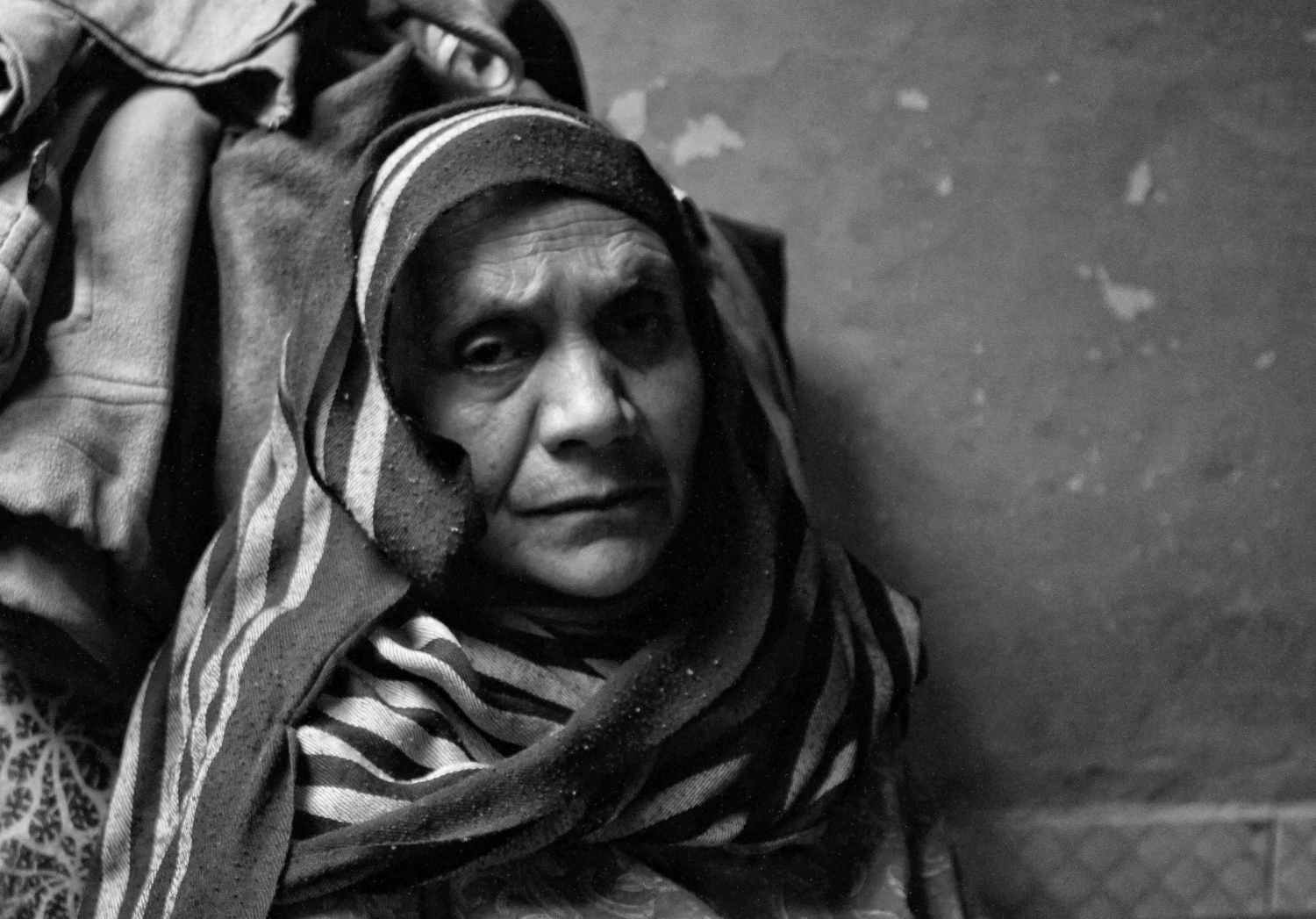When she lost all her three children, mother Noori developed her own routine to cope-up with her crushing loss. She would prepare her departed kids’ favourite dishes, distribute them among the needy and retire to her room to have a conversation with them. But her tragic tale doesn’t end there.
She has wept so much that her eyes have now run out of tears. At times, inside her single-storey house, overlooking the springtime swelling river Jhelum in Old City’s Aali Kadal, she flashes a strange smile, all by herself. Then, she whispers, with a straight face. It momentarily makes her creased face expressive. And soon she resumes her troubled routine.
Rising up like a down for the count person, she retires to her modest kitchen, making hasty preparations for lunch. And what happens afterwards, can petrify a person.
Setting everything right like she used to, Noori doesn’t miss anything on the dastarkhan—neither plates for her late children, nor for her departed husband. She has all the family members around when actually there’s none in the room…

FPK Photo/Wasim Nabi
Death first came knocking, when Kashmir was in the middle of massacres.
In that early summer afternoon in 1990, Noori’s three children were playing on the Aali Kadal riverbank. At a stone’s throw, she was preparing lunch for them, inside her home.
The mother was taken aback when her two sons suddenly brought their eight-year-old sister home. Noori didn’t lose her heart when her daughter Maimoona complained of severe headache. She thought that it might be due to playing in the open sun. After taking a tablet, Maimoona went to sleep.
But before sundown that day, Noori had lost the “light of her life”. Her daughter never woke up, again. It was the beginning of her tragedies.
Then, as Kashmir became habitual of curbs, crackdowns, curfews and clampdown, mother Noori would pick up a strange routine.
She would often go to the riverbank, to hear if the breeze could offer her the cries of her lost child. She couldn’t explain this routine to those who tried to make sense of it. At times, she would be spotted crying helplessly on the bank; her tears competing with the flow of Jhelum.
This troubled routine went on for a decade.

FPK Photo/Wasim Nabi
Then as a certain politician began talking about “healing touch” in Kashmir, Noori mourned again.
Like his sister, Noori’s youngest son Javid passed away, almost mysteriously. His medical reports state that he was affected by a common ailment. It wasn’t fatal, yet he died, devastating his mother yet again. He was just 16.
Years later, in 2011, Noori’s elder son, Bashir, also died. He was suffering from “mild” diabetes.
After she lost her all three children, she would try hard to console herself and her woebegone husband.
Then, one day, even her husband, Mohammad Ismael, a well-known monjgour—the street-side snack-seller—died due to heart attack.
He was out on work, when his sorrowful heart had choked him dead.
…Once done with her lunch, Noori stares at every other plate on the dastarkhan—full and untouched.
She quietly gets up, to do the dishes, as she reckons, everyone had their meal.
“My son Javid would do the daily dishes for me and all other things required at home,” Noori recollects. “But whom would I blame for my fate!”
After her children passed away, she would make their favourite dishes. Her husband would later take them to different shrines in the Old City and distribute them among the destitute.
“For years, I kept making their favorite dishes, but not now,” says Noori. “Who would distribute it now.”
To give mother Noori company, one of her nephews had come to live with her. But after a few months, as bad luck would’ve it, he was killed in a grenade blast at Dalgate, Srinagar. “That incident made me realize that God has written sore loneliness in my fate,” she laments.
After that, her brother came to live with her.

FPK Photo/Wasim Nabi
But within a few months, he also developed bad health. “And now, it’s me, who’s taking care of him,” Noori says. “He is bed-ridden and can’t even eat himself.”
Once done with her dishes, she walks back to her living room and begins staring at the murky walls. She takes a deep sigh of relief, as if pretending everyone had a good meal.
To the world outside, mother Noori has lost all of her children and her husband as well, but to her, they’re never far. “For a long time,” says her relative, “she would keep talking in the room with no one around. Maybe she even does that today.”
Yes, she does.
The mother keeps staring at the walls, from where, she believes, her lost family members emerge. No one else can see this happening or can make sense of it.
Now, she speaks, and her departed listen; and they speak, and she listens.
And that’s how mother Noori is spending her days.
Like this story? Producing quality journalism costs. Make a Donation & help keep our work going.








